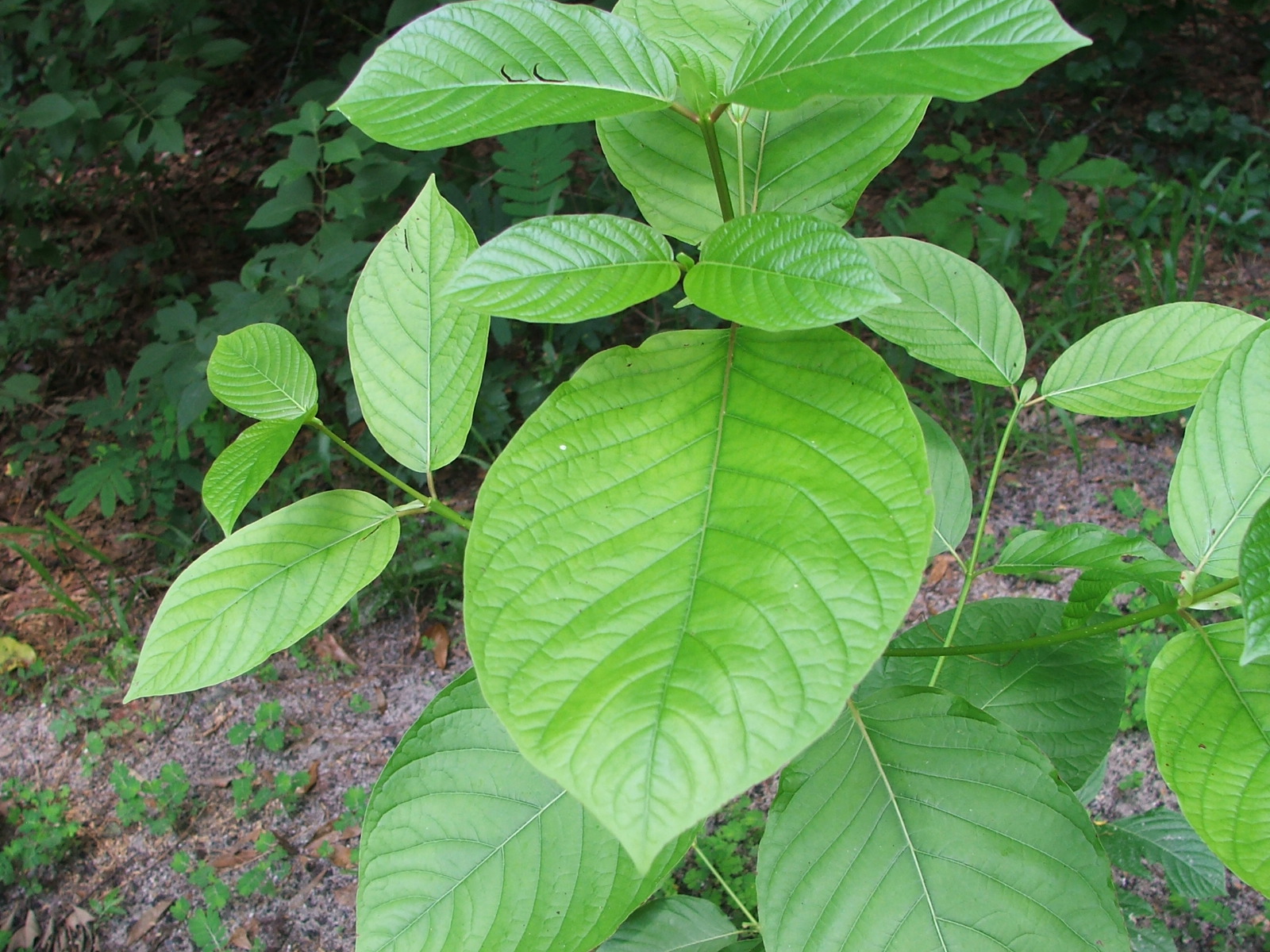Lawmakers Ask FDA to Lift Kratom Warning
/By Pat Anson, Editor
A bipartisan group of 17 congressmen is asking the Food and Drug Administration to lift a public health warning about kratom, an herbal supplement used by millions of Americans to treat chronic pain, addiction, depression and anxiety.
In a joint letter to FDA commissioner Scott Gottlieb, MD, the lawmakers said kratom was “a natural alternative to opioids” and was “found to be as safe as coffee.” The letter was drafted by Rep. Jared Polis (D-CO) and Rep. Dave Brat (R-VA).
“We have heard from many constituents who have used kratom to successfully end their dependence on dangerous opioids, and maintaining legal access to kratom is important to many Americans to maintain sobriety,” the letter states. “We believe that if legal access to professionally-manufactured kratom were made difficult or illegal, instances of kratom laced with opioids or other dangerous compounds would likely become more common.”
The FDA issued a public health advisory in November, warning that there were “increasing harms associated with kratom” and that the herb was involved in 36 deaths. The agency did not say when or where the deaths occurred.
“There is no reliable evidence to support the use of kratom as a treatment for opioid use disorder. Patients addicted to opioids are using kratom without dependable instructions for use and more importantly, without consultation with a licensed health care provider about the product’s dangers, potential side effects or interactions with other drugs,” Gottlieb said in a statement.
Kratom comes from the leaves of a tree that grows in southeast Asia, where it has been used for centuries for its medicinal properties. The leaves are usually ground up to make tea or turned into powder and used in capsules. Most kratom users say the herb has a mild analgesic and stimulative effect.
Last year, the Drug Enforcement Administration attempted to list kratom as a Schedule I controlled substance, which would have made it a felony to possess or sell. The DEA suspended its plan after an outcry by kratom supporters and a lobbying campaign that enlisted the help of dozens of senators and congressmen.
“We need to improve access to alternative pain relief options beyond addictive opioids. For some, kratom, a cousin of the coffee plant, can be that alternative. Like cannabis, it should be legal and available,” Rep. Polis said in a statement. “The FDA must end its bogus ‘public health warning’ that has already led to several cities banning kratom. Patients need and deserve options.”
Kratom Pioneer Calls for Government Regulation
One of the dilemmas faced by the FDA is that kratom products are considered dietary supplements, and there are few regulatory standards applied to their importation or ingredients. The only requirement for kratom vendors is that they don't make unsubstantiated health claims.
“I know that regulation is needed and I think that is something we conscientiously have to work towards,” says Duncan Macrae, the founder of Kratom.com and one of the first commercial suppliers to bring kratom products into the United States, Canada and Europe.
“I think that direct government regulation will eventually come about. But while everybody’s waiting for that to happen, I think that vendors in the industry that are making money from this should get together and start their own internal regulation to try to be more transparent,” Macrae told PNN.
“I can tell you for sure that there are a lot of adulterated products on the market, and vendors going in and out of business the whole time, changing names and companies. There’s no central body checking or controlling anything.”
Macrae says kratom vendors should certify their products and list their ingredients – or risk the government stepping in and banning kratom altogether.
“Right now the problem is that every vendor is labeling their product ‘not for consumption.’ And there’s no information about the product or what’s inside it,” he said. “This is the regulation we need to do from inside and hopefully the government won’t (ban kratom) because it is an extremely valuable medicinal herb and they will embrace some kind of regulation that makes sense, so that kratom can be administered safely and distributed safely and people will know exactly what they’re getting.”
Macrae is working to ensure the quality of his own products by growing kratom on farms in Indonesia, as opposed to just harvesting the leaves from trees growing wild in remote jungles. He’s planted hundreds of thousands of kratom trees, with hopes of somebody mass producing kratom tea, pills and extracts.
“I think this is the future for the industry and that is the product that we need to develop, and that’s what I’ve been working on,” he said.




